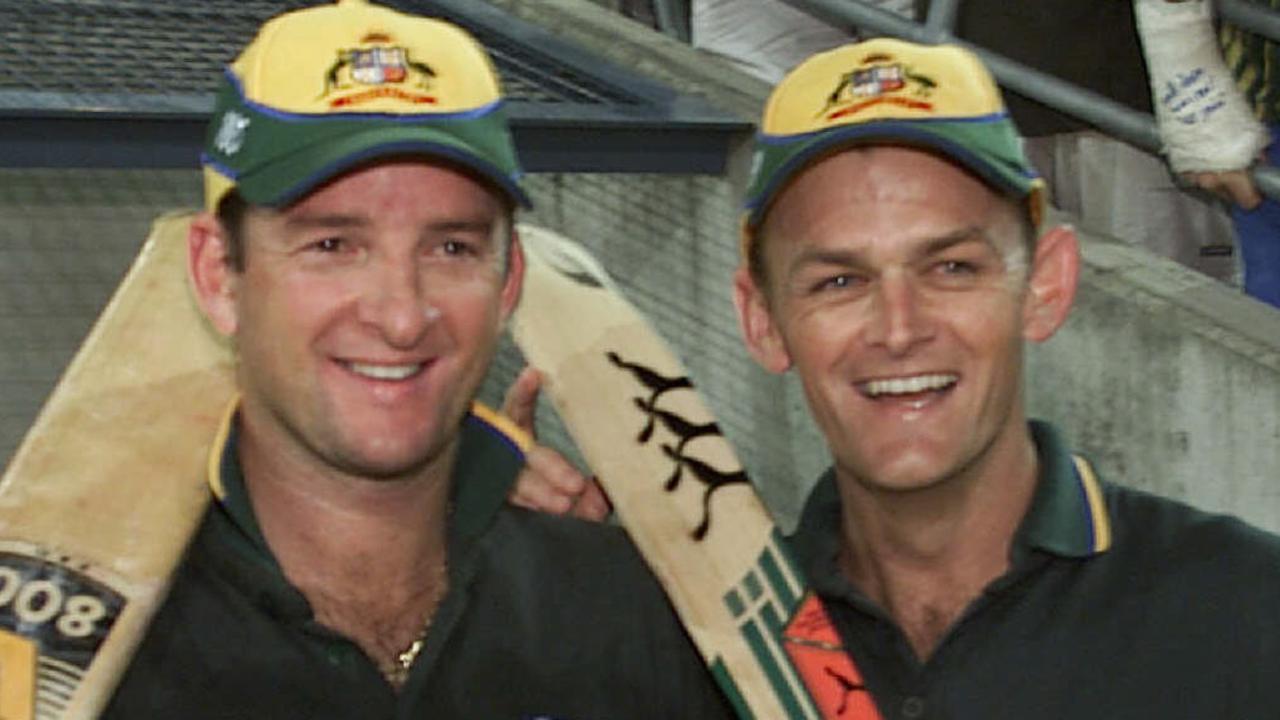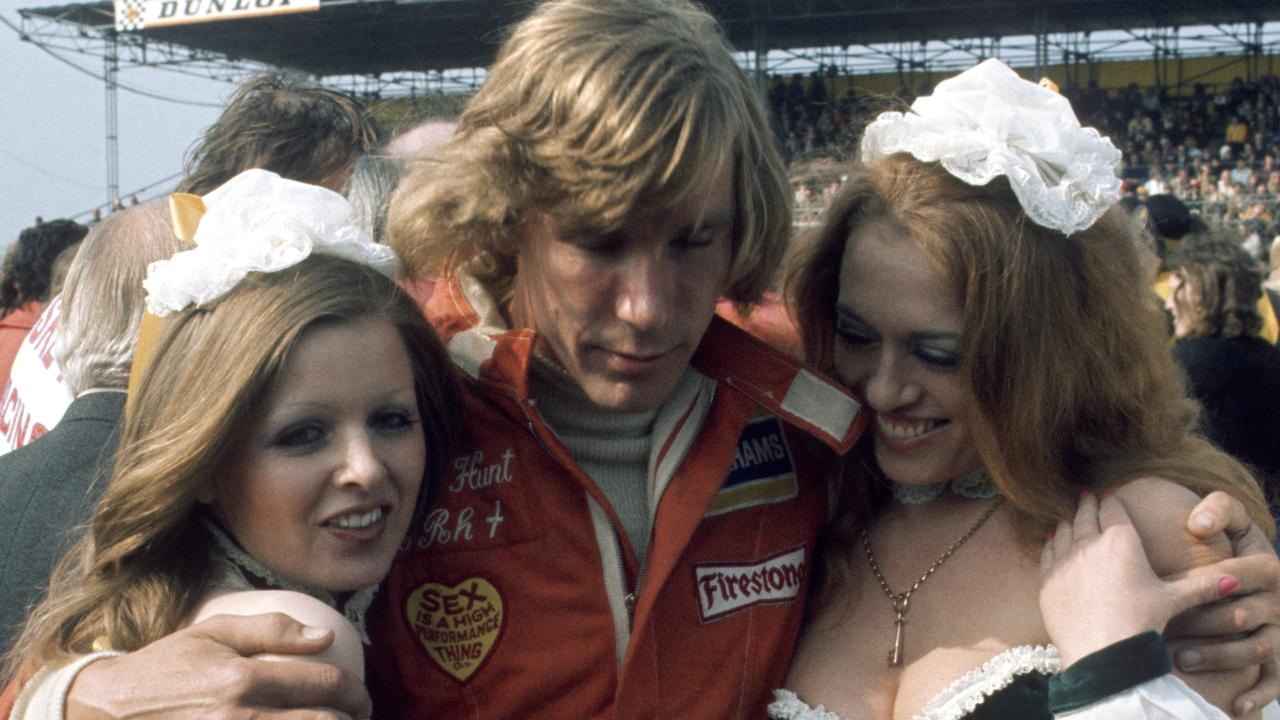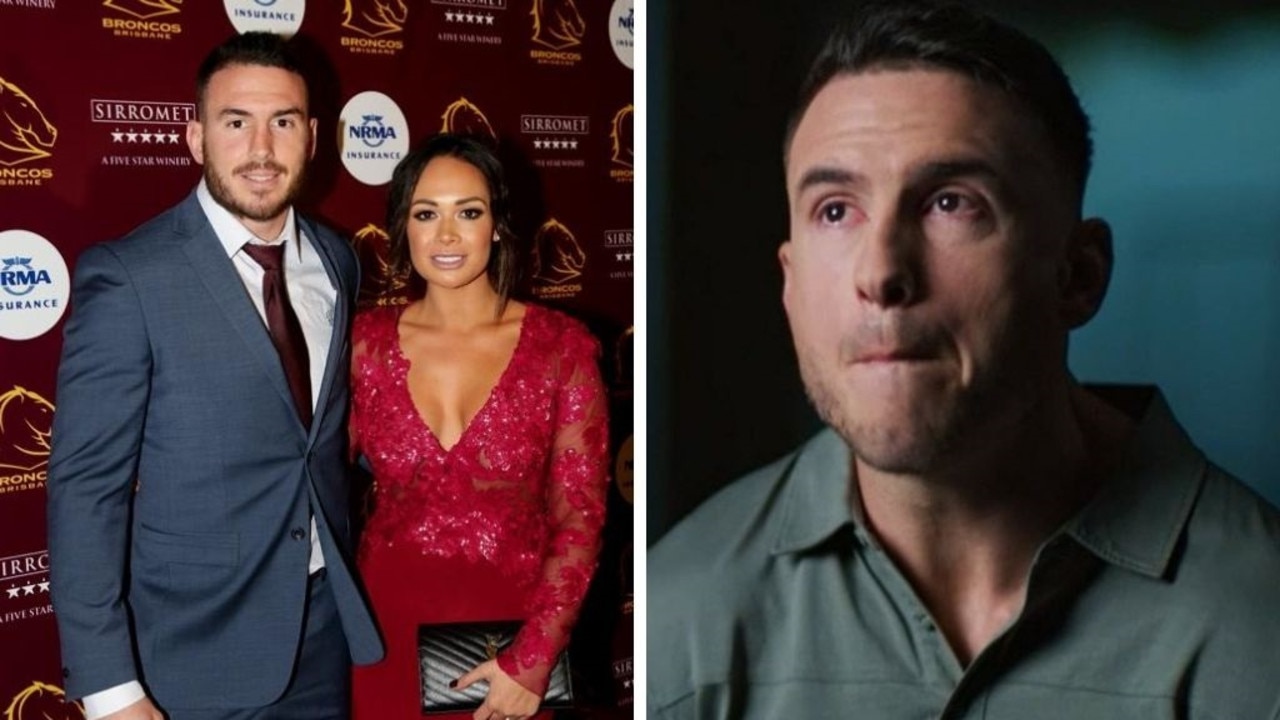The Australian sporting teams worthy of a Last Dance style documentary series
Thanks to Michael Jordan’s Chicago Bulls, sports documentaries are in high demand. Here’s 10 Aussie stories worthy of a Netflix series.
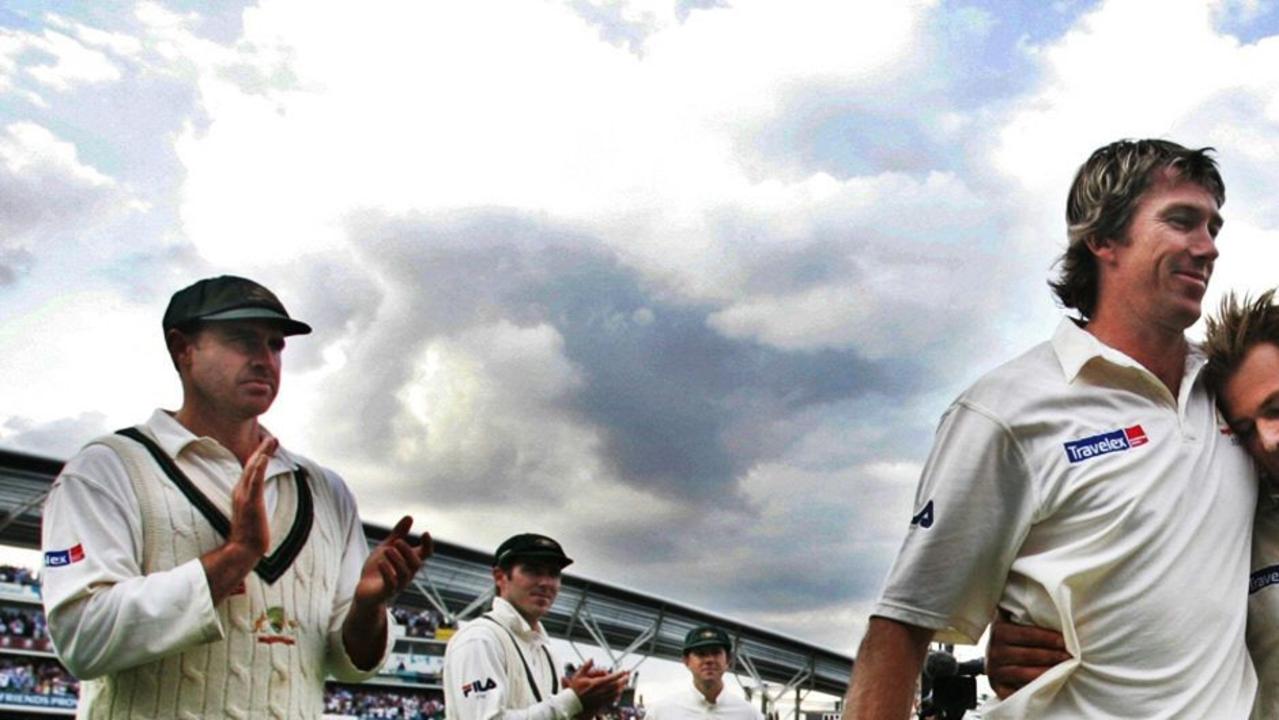
The Last Dance redefined sports documentaries for the better.
The story of Michael Jordan and the 1998 Chicago Bulls was as much a character study as it was an archived footage docu-series, and Netflix subscribers who once loathed sport were captivated by the drama.
On Thursday, ESPN announced a nine-part series on NFL great Tom Brady was coming in 2021, and there’s no doubt more are on the way.
But while The Last Dance was undeniably a success, Australian sports fans were left itching for a similar docu-series focusing on something a bit closer to home.
Although Netflix may not be bashing down the door to start production on every niche documentary idea that comes their way, we believe these 10 Australian sporting teams are worthy of their own series. Maybe not 10 episodes, but you get the idea.
Brisbane Lions, 2001-2003
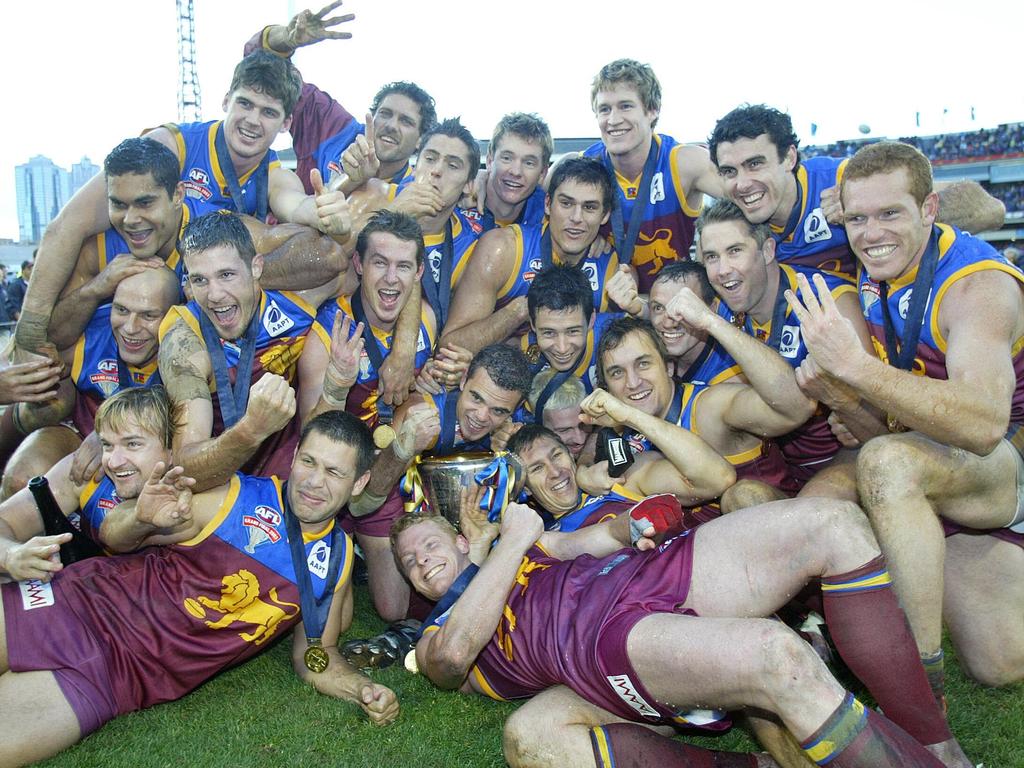
North Melbourne’s team of the 1990s is the obvious pick. Two flags, seven straight prelims and enough big personalities, colourful characters and hidden battles to add the off-field component that gives a documentary depth.
But it would be a tough ask to get all the key players to open up given the scars left by the Wayne Carey-Anthony Stevens saga so we may have to look elsewhere. The Hawks of the 1980s (five premierships, eight grand finals in nine years) are the most Bulls-like dynasty, but they’re arguably celebrated enough.
So give us Lethal’s Lions of the early 2000s. The merger between the Bears and Fitzroy helped create a force the league hadn’t seen in years and there should be enough behind-the-scenes tales about Aker alone to give this story spice.
Australia’s Davis Cup campaign, 2003
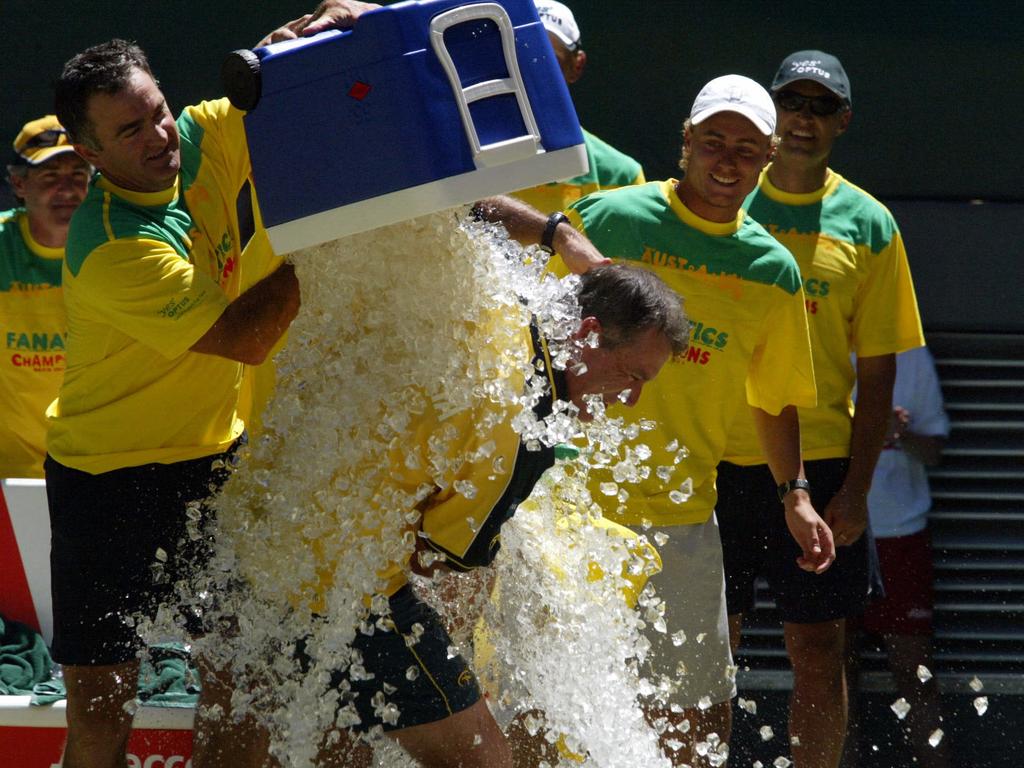
The rollercoaster ride of Mark Philippoussis is enough to see the winning vote cast for Australia’s 2003 Davis Cup-winning team.
A public feud with Pat Rafter – who questioned Philippoussis’ commitment to his country – born in the late 1990s festered for years and saw The Scud boycott key ties as he clashed with Aussie captain John Newcombe and coach Tony Roche.
Serious knee injuries put his career in jeopardy but returning to the court with renewed vigour in 2003, the year culminated in Philippoussis' finest moment wearing green and gold as his partner in crime Lleyton Hewitt also shone.
Hewitt coming back from two sets down to defeat Roger Federer in the semi-final against Switzerland to keep the Aussies’ campaign going was the precursor to a thrilling decider in Melbourne that saw the feisty South Australian start things off with a typically gruelling five-set win over Juan Carlos Ferrero.
Philippoussis lost his opening singles rubber to Carlos Moya but redeemed himself in a seesawing five-setter against Ferrero to seal a 3-1 victory for Australia – the last time we’ve tasted Davis Cup success.
The tantalising potential of gazing into Philippoussis’ relationships with high-profile glamours and following Hewitt while he was still a wild child with a temper who was yet to win over Australia are added bonuses to this era.
Leeds United, 2000-2001
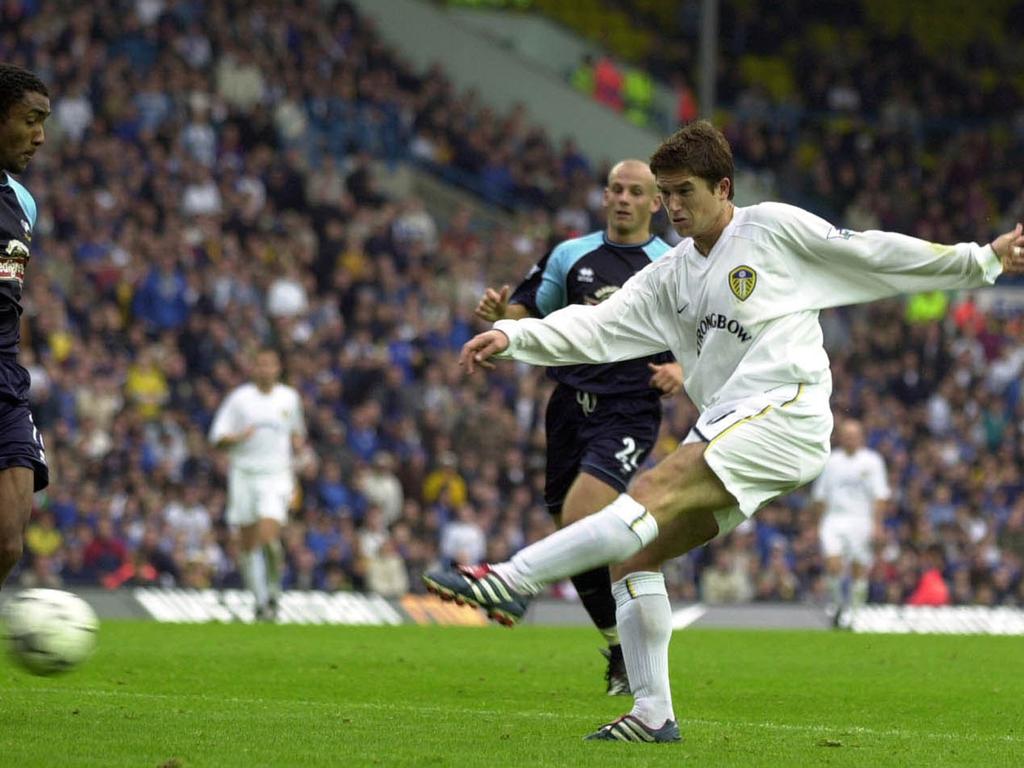
The Socceroos’ famous run to the round of 16 at the 2006 World Cup received strong consideration, but that Lucas Neill penalty against Italy is still too painfully fresh in the memory.
So how about Leeds United’s daring run to the semi-finals of the 2000-01 Champions League? It’s rare to have even one Aussie feature prominently on a team at the top of European football. Even rarer to have two.
But that’s what Harry Kewell and Mark Viduka did, combining for seven goals in the competition in a year Leeds also finished fourth in the league. Look up Viduka’s assist in a 1-0 win at Lazio if you need convincing.
Adding to the intrigue is Viduka’s recent revelation they did it all while enduring a personal feud so bitter they wouldn’t even make eye contact in the sheds.
Brisbane Broncos, 1997-1998
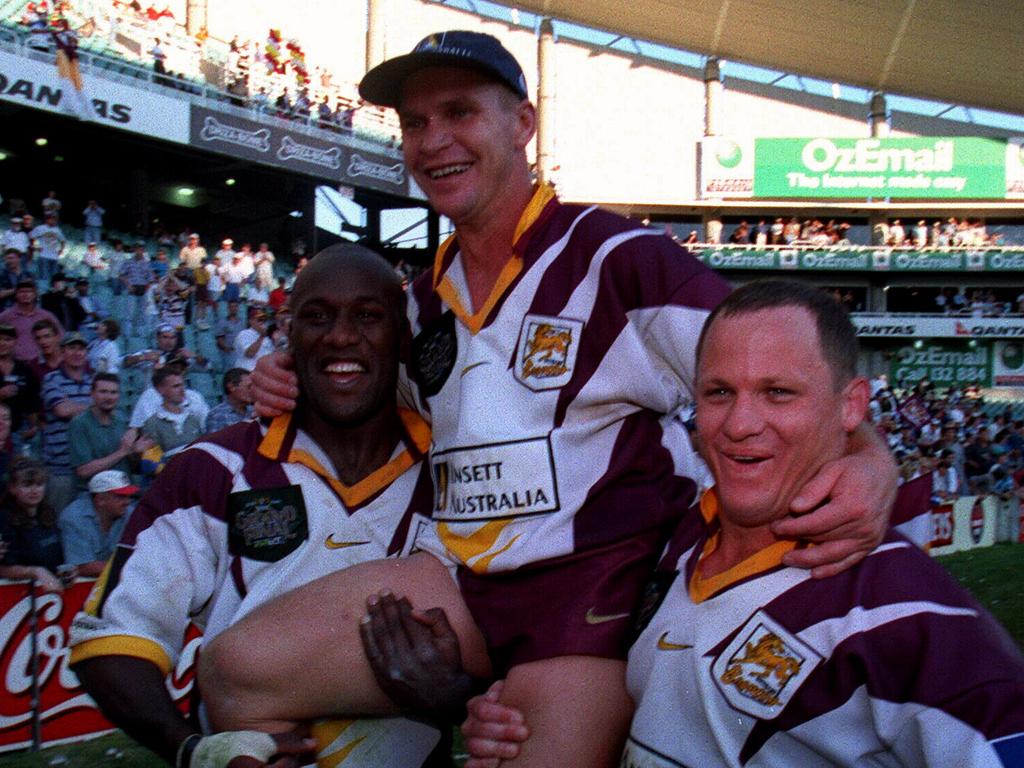
The mid-1990s was a time of pure chaos in rugby league and the Brisbane Broncos were the heavy hitters boasting some of the sport’s biggest stars.
Against the backdrop of the Super League war, which threatened to tear the game apart as News Corp (the publisher of news.com.au) went head-to-head with the James Packer-backed ARL, the Broncos won comps in 1997 and 1998.
Some players, like a young Wendell Sailor, were offered multimillion-dollar deals for the first time as cash was thrown around like never before.
Brisbane was the glamour outfit of that period and it would have been fascinating following grizzled veterans like Allan Langer, Steve Renouf and Kevin Walters navigate uncharted waters alongside future superstars in Sailor, Darren Lockyer and of course Anthony “The Man” Mundine.
1993 AFL Coleman Medal race
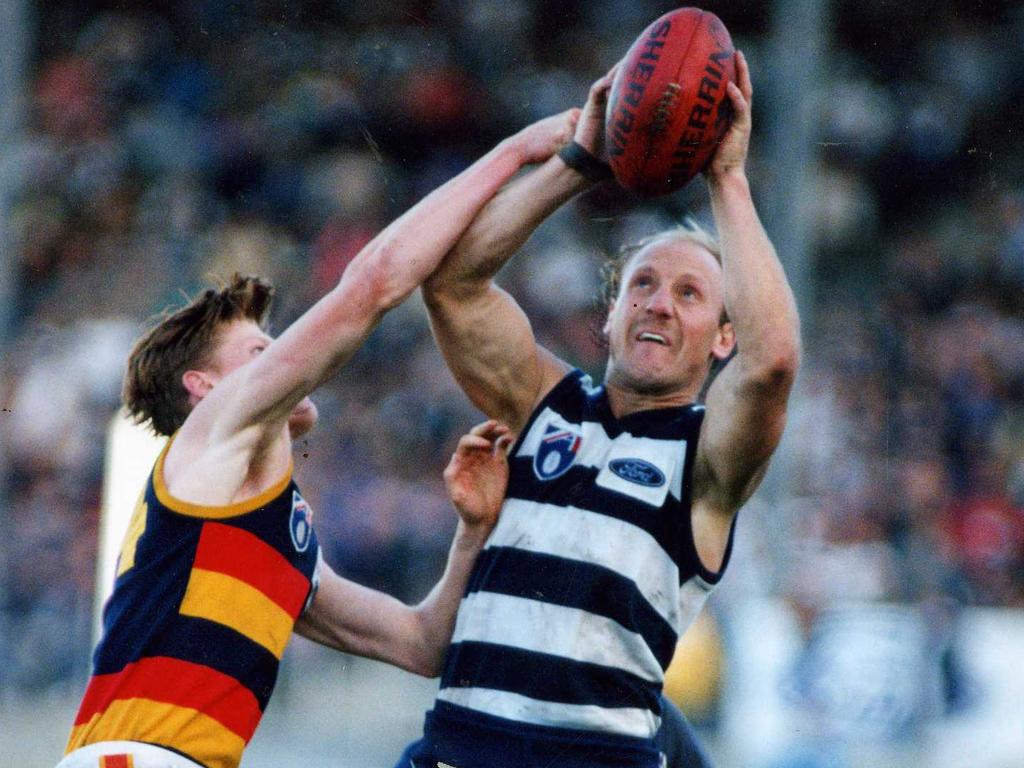
If there’s one thing nostalgic footy fans yearn for more than any other it’s the days of the star full forward kicking big bags, so we hope you’ll forgive us that this isn’t a team.
The 1993 Coleman Medal race was like no other. Gary Ablett (124), Tony Modra (119) and Jason Dunstall (117) all comfortably cracked the ton in the minor round as pole position changed several times.
Ablett was freakish, kicking bags of 14, 12, 11 and 10 (x2) to finish ahead despite only playing 17 games. Modra, in just his second season, was a phenomenon in Adelaide, and almost as enigmatic in some ways as the Cats superstar. Dunstall didn’t even make the All-Australian team.
Tony Lockett’s year (53 goals from 10 games) was ruined by injury and suspension, but this was the season of the spearhead and has a highlight reel worth replaying.
World Series Cricket, 1977-1979
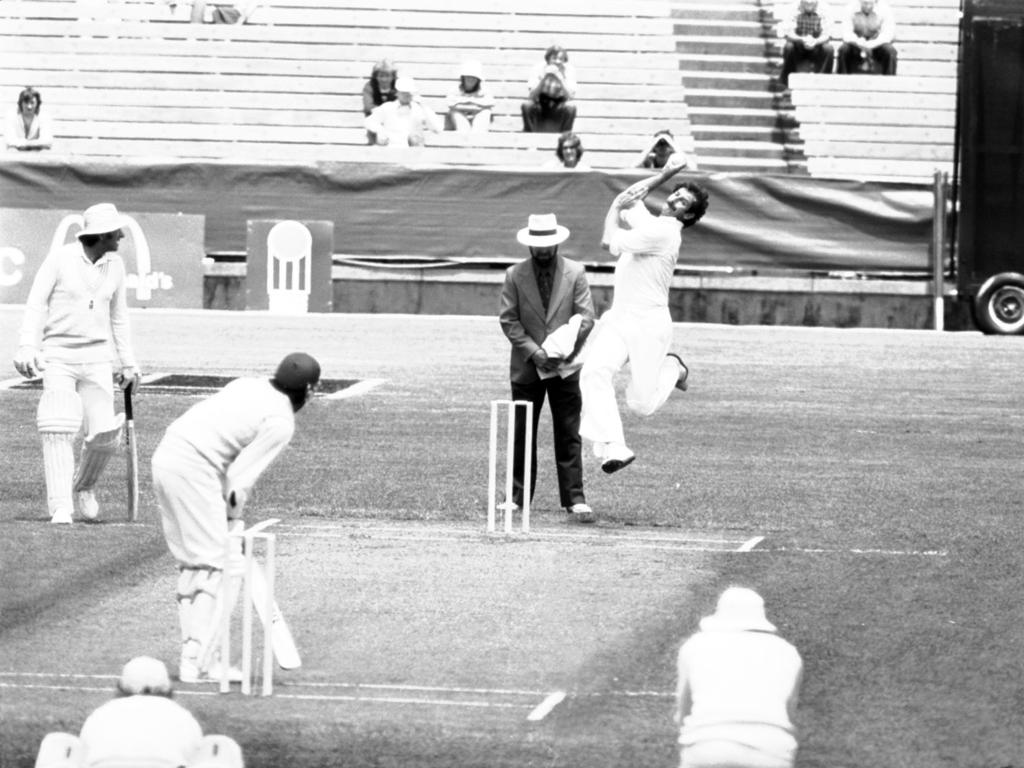
Before Kerry Packer revolutionised the sport, Australia’s best players couldn’t live off cricket – the national side were essentially amateurs.
Desperate to get some cricket onto Channel 9, Packer secretly signed the world’s best cricketers for a tournament unlike anything seen before. The matches were played in prime time under lights, the ferocious West Indies pacemen donned pink pyjamas, and the number of cameras quadrupled.
Australian greats Dennis Lillee, Rod Marsh, David Hookes and Doug Walters came up against the likes of Joel Garner, Clive Lloyd, Tony Greig and Barry Richards. Although the cricket was of the highest quality, the matches are not recognised as legitimate games in the official archives.
Traditionalists scoffed at the sight of cricketers playing in coloured clothing at twilight, but World Series Cricket changed the world’s perception of the game. During the 100 years prior, cricket was constrained by strict and outdated protocols, and the sport had hardly changed since the first Test match was played in 1887.
Packer and his rebels made the game more accessible for players and spectators, and their lasting legacy can be seen decades later.
The Wallabies, 1999-2003
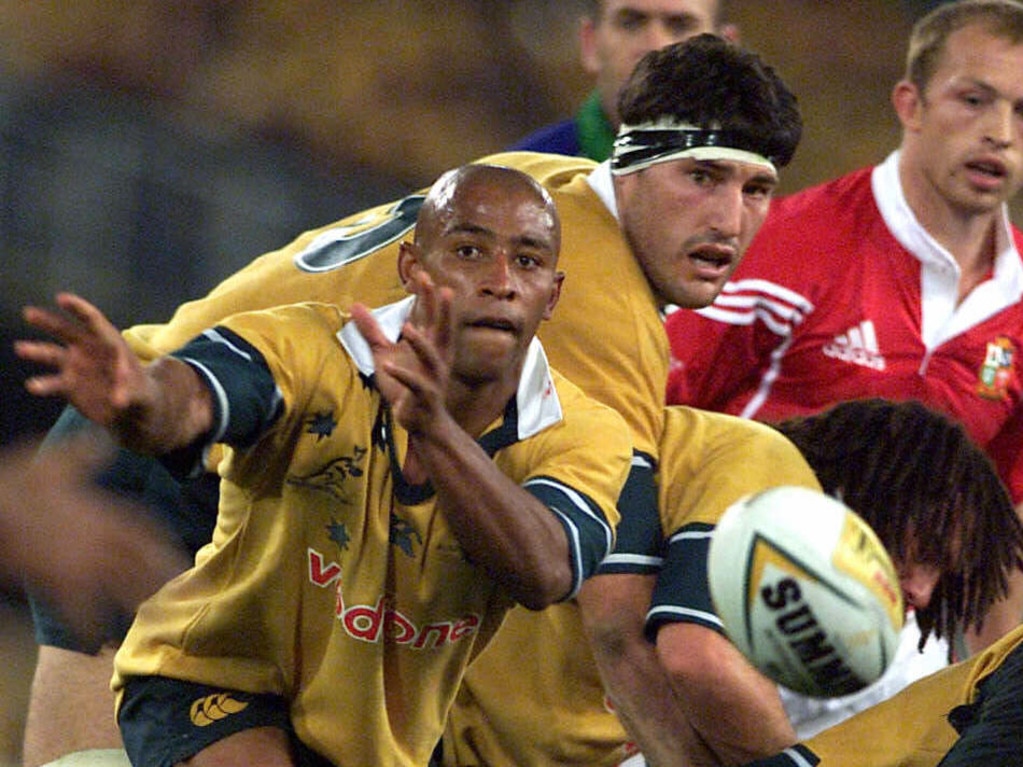
Australian rugby union was thriving at the turn of the millennium. After a convincing victory over France in the 1999 Rugby World Cup, the Wallabies returned home for arguably the greatest Bledisloe Cup series in history.
The nailbiting decider in Wellington came down to a John Eales penalty kick in the 85th minute, and the footy flew directly over the black dot to seal an unforgettable one-point win.
One year later, Toutai Kefu’s matchwinning try between the pegs at Stadium Australia in front of 90,000 fans sealed their fourth consecutive Bledisloe Cup title. In the same year, the Wallabies trumped the touring British & Irish Lions squad.
The Wallabies went on to retain the coveted Cup once more in 2002, but that campaign sadly remains Australia’s most recent Bledisloe title. The All Blacks have won 17 on the trot since, and in fairness, the coronavirus epidemic is probably the only thing stopping them from getting to 18.
Although New Zealand claimed the 2003 Bledisloe Cup, Australia struck back with a convincing semi-final victory in the nation’s first Rugby World Cup on home soil. I can still picture George Gregan smugly chanting, “Four more years boys.”
But seven days later, an accurate dropkick from England fly half Jonny Wilkinson ended a golden four-year period for the Wallabies.
Melbourne Storm, 2006-2010
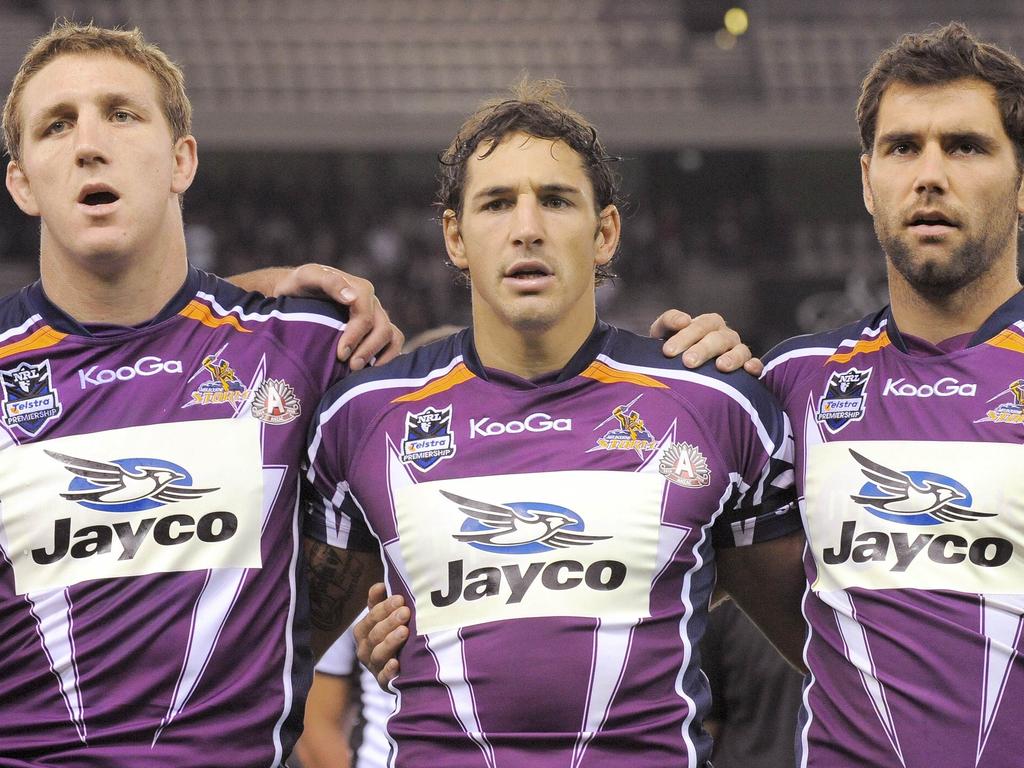
Rugby league greats Billy Slater, Cameron Smith, Greg Inglis and Cooper Cronk won 14 NRL games in 2010, but ended the season in 16th spot with two fewer trophies in their cabinet.
Before the 2010 salary cap saga sent shockwaves through the Australian sporting landscape, the Melbourne Storm had reached four Grand Finals in consecutive years, and were the undisputed powerhouses of Australian rugby league.
With the exception of an unforgettable 40-0 thrashing to the Manly Sea Eagles in the 2008 Grand Final, the Storm seemingly didn’t put a foot wrong for four seasons.
After it was discovered the club had breached the salary cap by $1.7 million over five years, two NRL titles were stripped from their hands – the 2007 and 2009 premierships remain without a champion, the history books with a glaring blank space.
Four seasons of enthralling performances on the field were wiped from the history books, and Craig Bellamy’s squad played out the 2010 season with zero points to their name on the NRL ladder.
2005 Ashes series
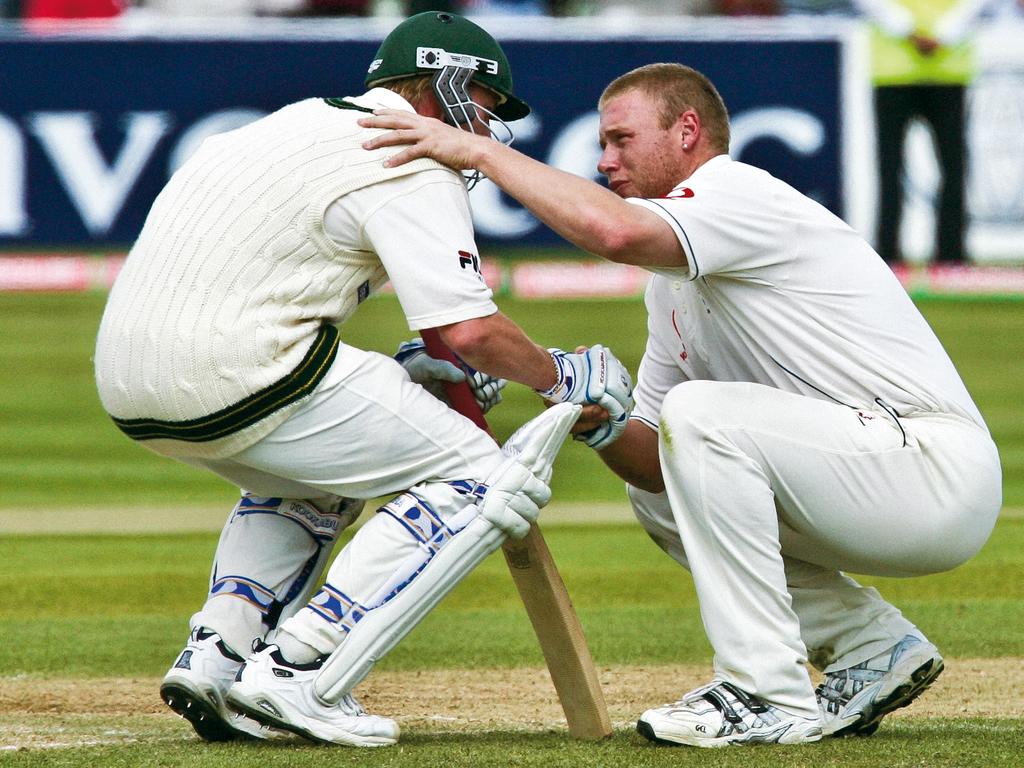
Amazon docu-series The Test beautifully portrayed the nailbiting drama of last year’s Ashes, but 2005 was the most entertaining Test series in a generation.
England had not won a Test series against Australia since 1987, and that dry spell seemed destined to continue. The Australian touring squad boasted the likes of Shane Warne, Adam Gilchrist, Glenn McGrath, Ricky Ponting, Matthew Hayden, Brett Lee and Michael Clarke.
For 18 years, the Ashes had become a one-sided affair – Australia was at the peak of their powers during those golden years, and the miraculous 2005 Ashes series was needed to even the playing field.
The emergence of Kevin Pietersen, McGrath’s unprecedented injury, Freddie Flintoff’s words of comfort for Lee – there are countless stories to tell.
Debate still rages about whether Michael Kasprowicz’s dismissal on day four at Edgbaston was legitimate – Steve Harmison’s delivery undeniably struck the tailender’s glove, but replays suggest his hand was off the bat.
Regardless, Billy Bowden raised his index finger, sealing the match in England’s favour.
The compelling series breathed life back into Test cricket just before the Twenty20 craze started brewing.
The Boomers, 1996 Atlanta Olympic Games
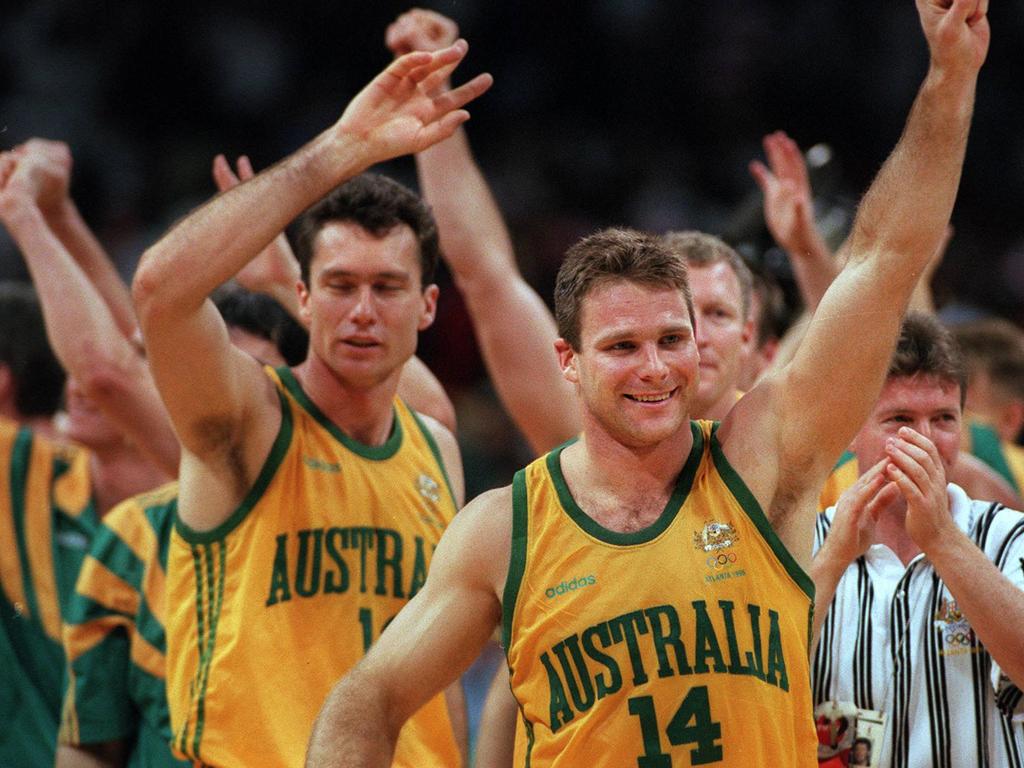
It’s impossible to pick between all the wildly fun teams in the NBL in the 90s. Gaze’s Tigers, Goorjian’s Magic, the Vlahov-Crawford-Grace Wildcats and Smyth’s 36ers were all too much fun. It’s a similar story with the Boomers.
Too many times we’ve fallen just short of a medal, but for entertainment it’s hard to go past the Andrew Gaze-Shane Heal led outfit that narrowly missed bronze in Atlanta 1996.
After averaging close to 100 points a game in the group stage, Australia needed a Tony Ronaldson four-point play to KO Tony Kukoc’s Croatia in the quarters. A semi-final defeat to Team USA was best remembered for Heal’s run-in with Charles Barkley before Arvydas Sabonis tore us apart in the battle for bronze.
If only Luc Longley — who we hope will feature in this documentary — hadn’t been sent for off-season ankle surgery.

